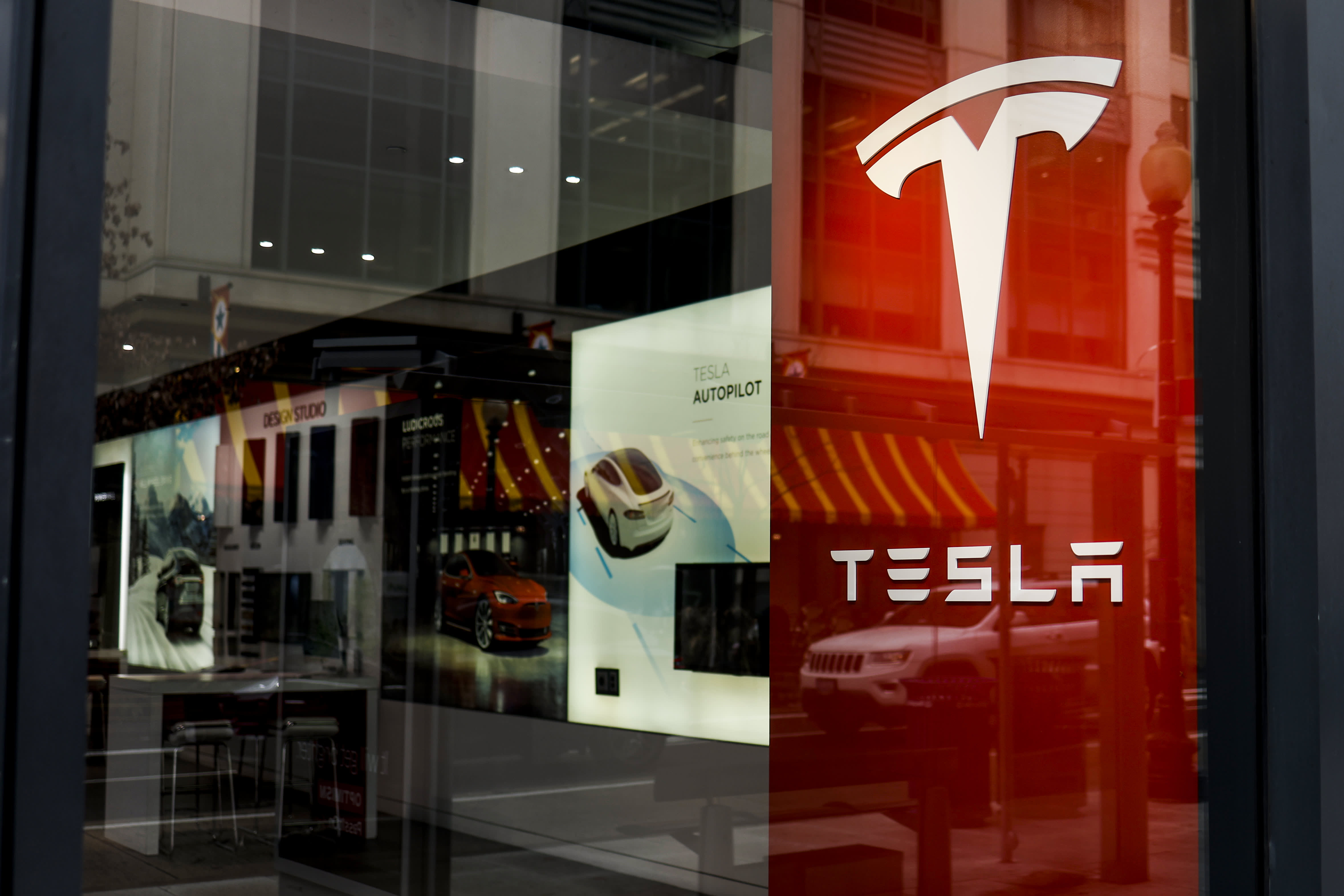BEIJING — Chinese electric car brand Li Auto delivered more cars in March than Xpeng did in the first quarter, according to company releases.
Li Auto delivered 20,823 vehicles in March — for a total of 52,584 deliveries in the first three months of the year. That’s up by nearly 66% from the first quarter of 2022.
related investing news
In contrast, Xpeng only delivered 18,230 cars in the first quarter — down by about 47% from the same period a year ago.
Xpeng delivered 7,002 vehicles in March, above the monthly average for the first quarter. Nearly half of the deliveries last month were of the company’s new P7i sports sedan that launched in March.
Nio reported first-quarter deliveries of 31,041, up 20.5% from a year ago. The company delivered 10,378 vehicles in March.
Li Auto’s vehicles — all SUVs — each come with a fuel tank to charge the battery and extend driving range.
The company claimed in a release it now has nearly 20% of the market for SUVs in the 300,000 yuan ($43,674) to 500,000 yuan price range in China.
For comparison, Tesla’s mid-size SUV, the Model Y, sells in a price range of 261,900 yuan to 361,900 yuan.
Xpeng’s G9 SUV starts at 309,900 yuan. The company’s new P7i sedan starts at 249,900 yuan — and costs 269,900 yuan if drivers want to use Xpeng’s assisted driving tech for cities. Tesla’s version of the tech, called Full Self Driving, isn’t available in China.
However, so far Xpeng’s assisted driving tech for cities is only available in Shenzhen, Guangzhou and Shanghai — where rollout began Friday.
The Chinese electric car startups’ delivery figures pale in comparison with BYD, whose numerous models sell at a range of prices.
BYD said it sold 264,647 purely battery-powered passenger cars in the first three months of the year, up more than 80% from a year ago. Hybrid passenger vehicle sales doubled from a year ago to 283,270 in the first quarter.
Tesla said Sunday it delivered more than 422,000 cars worldwide in the first quarter. The company did not break out figures for China, which typically accounts for well over 20% of Tesla’s revenue.

Source: CNBC


